Introduction
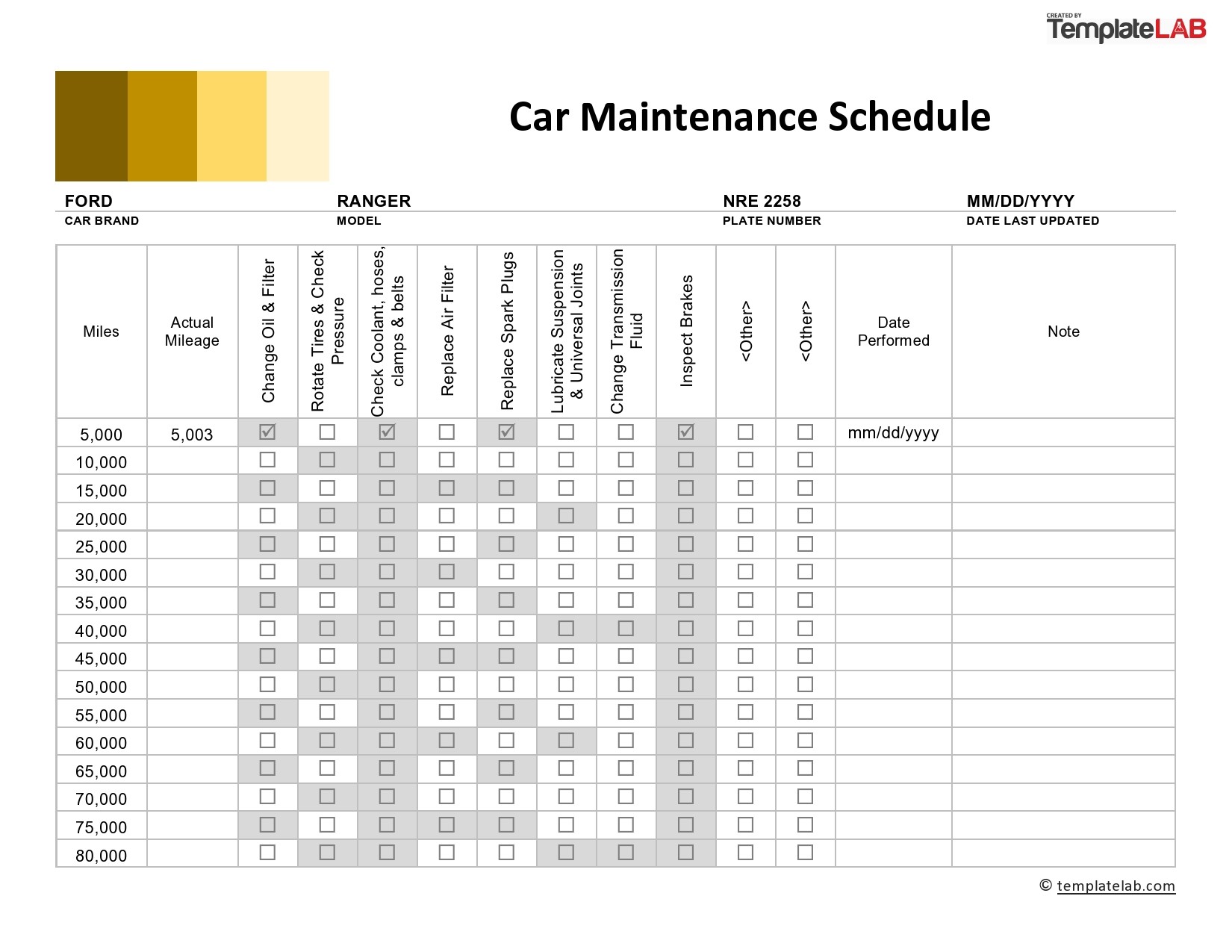
Introduction:
Regular car maintenance is essential for keeping your vehicle in optimal condition and ensuring its longevity. By following a recommended maintenance schedule, you can prevent costly repairs and breakdowns, improve fuel efficiency, and maximize the safety and performance of your car. This article will provide an overview of the key maintenance tasks that should be performed regularly to keep your car in top shape.
Benefits of regular car maintenance
Regular car maintenance offers several benefits to vehicle owners. Firstly, it helps prevent costly repairs by identifying and addressing potential issues early on. Secondly, regular maintenance improves fuel efficiency, saving you money at the pump. Additionally, it enhances the safety and performance of your car, reducing the risk of breakdowns and accidents. Lastly, a well-maintained car has a higher resale value, ensuring a good return on investment. Overall, regular car maintenance is crucial for a reliable and long-lasting vehicle.
Common car maintenance misconceptions
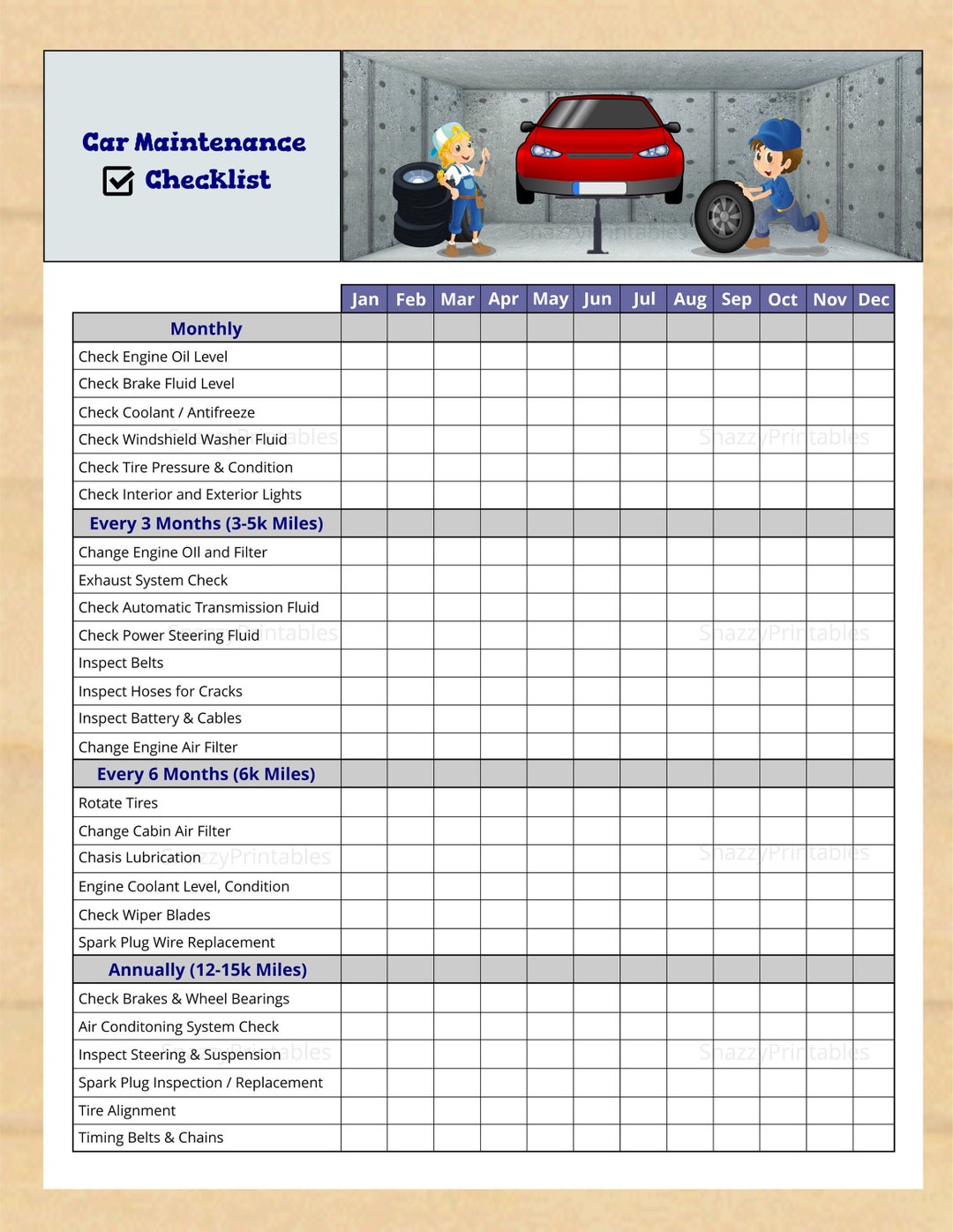
One common misconception about car maintenance is the belief that oil changes need to be done every 3,000 miles. In reality, the frequency of oil changes can vary depending on the make and model of the vehicle. Another misconception is that only new cars require maintenance, when in fact, all cars, regardless of age, benefit from regular maintenance to ensure their longevity and performance.
Engine Maintenance

When it comes to engine maintenance, two important tasks are an engine oil change and filter replacement. Regularly changing the engine oil helps to keep the engine running smoothly and prolong its lifespan. In addition, checking and topping up other fluids such as coolant, transmission fluid, and brake fluid is essential for optimal engine performance. Proper engine maintenance ensures a reliable and efficient vehicle.
Engine oil change and filter replacement

Regular engine oil changes and filter replacements are crucial for maintaining the health of your car's engine. The engine oil lubricates the moving parts and keeps them running smoothly, while the filter prevents dirt and debris from clogging the engine. By following the manufacturer's recommended schedule, you can ensure optimal engine performance and extend the lifespan of your vehicle.
Checking and topping up other fluids
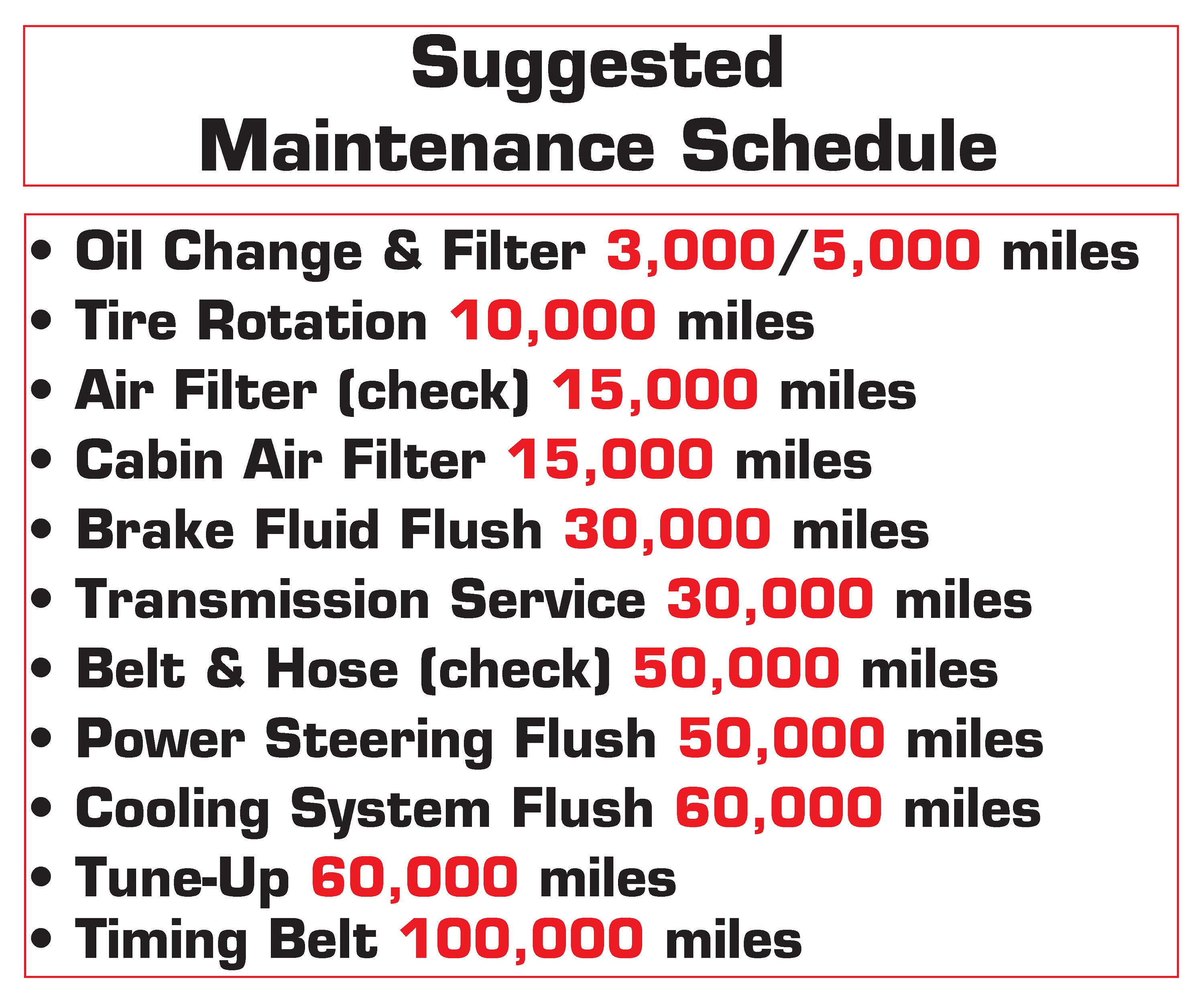
Regularly checking and topping up other fluids in your car is essential for its proper functioning. This includes fluids such as coolant, brake fluid, power steering fluid, and transmission fluid. Low levels of these fluids can lead to overheating, decreased brake performance, and other mechanical issues. Consult your car's owner manual for the correct levels and intervals for checking and topping up these fluids.
Exterior Maintenance
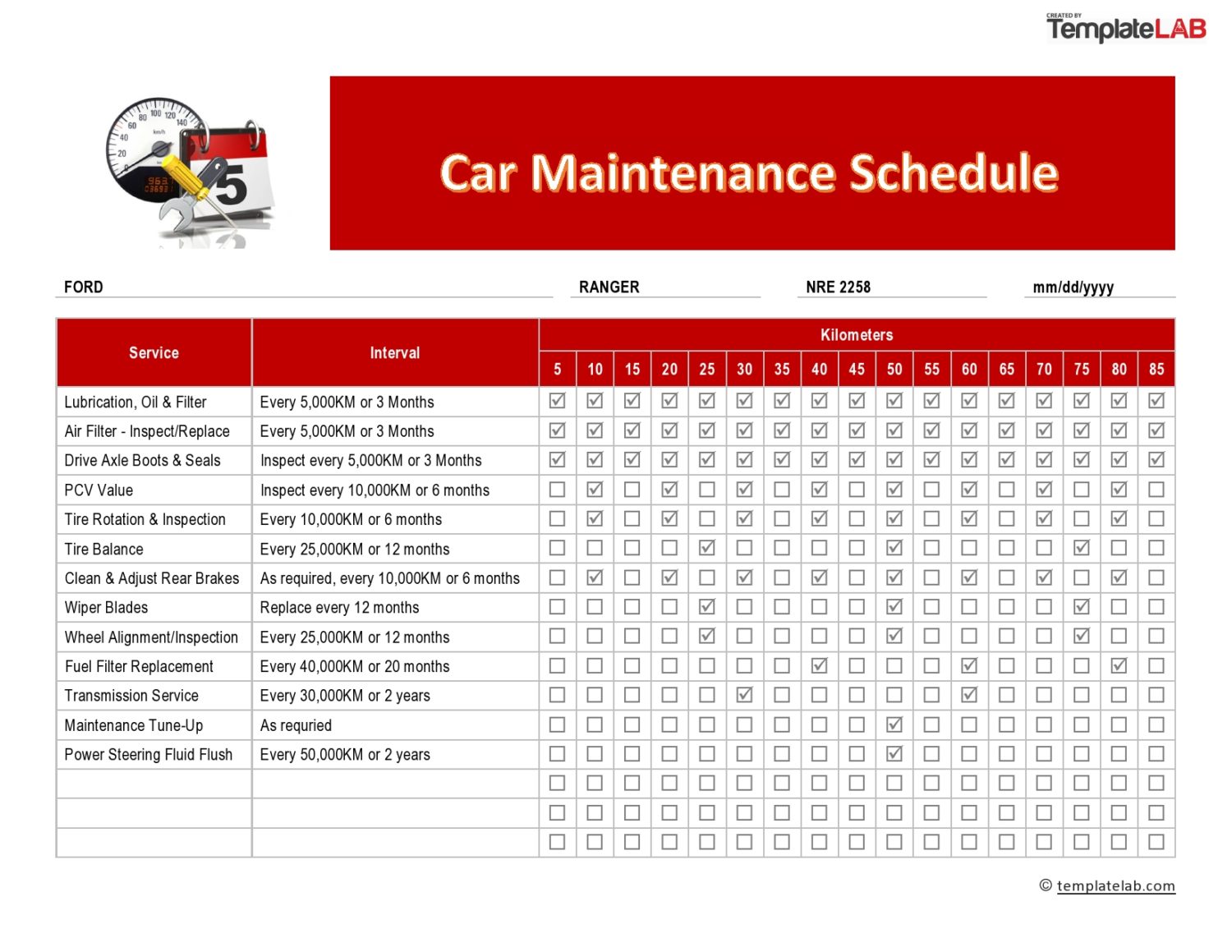
Exterior maintenance involves keeping the exterior of your car clean and ensuring that all the exterior components are in good condition. This includes cleaning and washing the car regularly to remove dirt and grime, as well as inspecting and replacing wiper blades to ensure clear visibility in rainy conditions. Proper exterior maintenance helps protect your car's paint and keeps it looking its best.
Cleaning and washing the car

Cleaning and washing the car regularly is an essential part of exterior maintenance. This helps to remove dirt, dust, and other debris that can accumulate on the surface. It is recommended to use a mild car shampoo and a soft sponge or microfiber cloth to avoid scratching the paint. Pay attention to areas such as the wheels, grille, and windows. Regular cleaning not only keeps the car looking its best but also helps to protect the paint and prevent corrosion.
Inspecting and replacing wiper blades
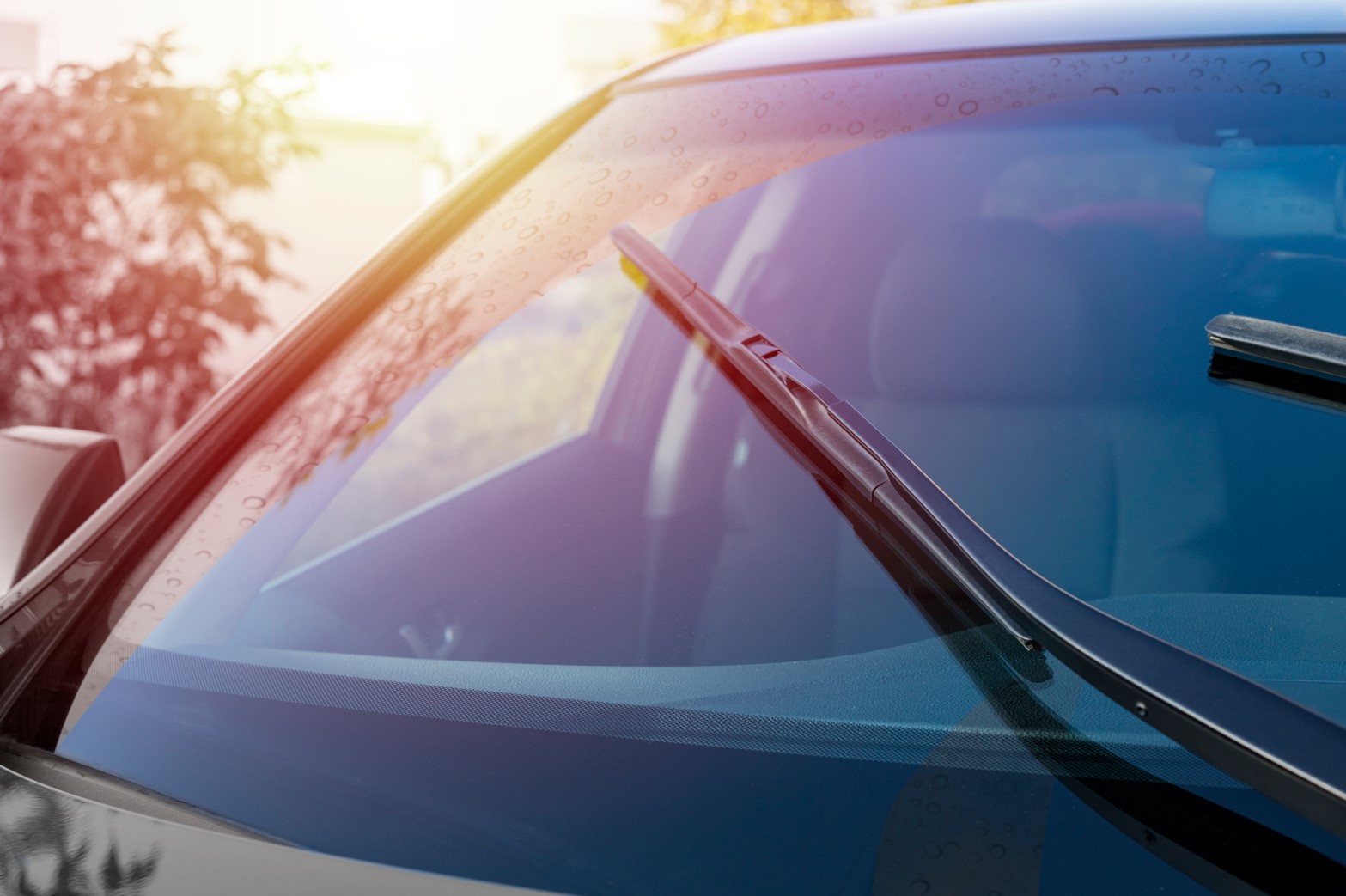
Inspecting and replacing wiper blades is crucial for maintaining visibility in wet weather conditions. Regularly check the condition of the wiper blades for any signs of wear or damage, such as cracks or tears. If the blades are not clearing the windshield effectively or leaving streaks, it is time to replace them. It is recommended to replace wiper blades every six months to ensure optimum performance.
Interior Maintenance

Interior maintenance involves keeping the interior of the car clean and in good condition. This includes regular vacuuming to remove dirt and debris, as well as cleaning surfaces like the dashboard, seats, and carpets. It is also important to check and replace the cabin air filter regularly to ensure good air quality inside the car. Regular interior maintenance helps to create a comfortable and enjoyable driving experience.
Vacuuming and cleaning the interior
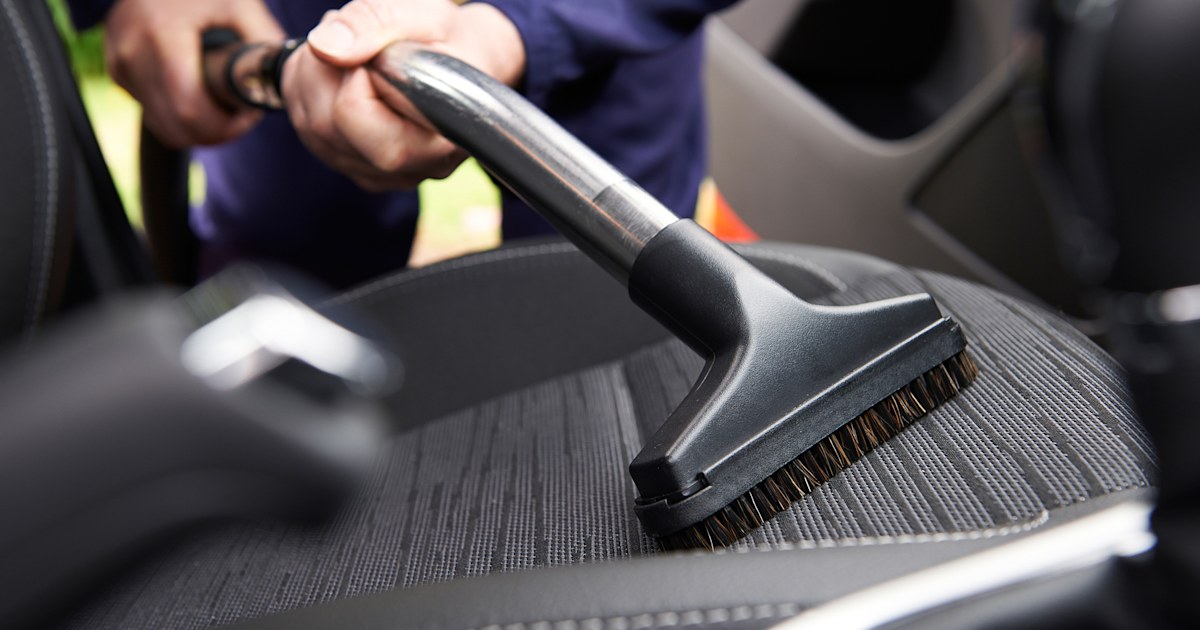
Vacuuming and cleaning the interior of the car is an essential part of interior maintenance. Regular vacuuming helps remove dirt, dust, and debris from the carpets and upholstery, keeping them clean and in good condition. It is also important to wipe down surfaces like the dashboard, seats, and door panels with a suitable cleaner to remove any stains or spills. Additionally, using a microfiber cloth to clean the windows helps to maintain visibility. Regular interior cleaning helps create a fresh and comfortable driving environment.
Checking and replacing cabin air filter
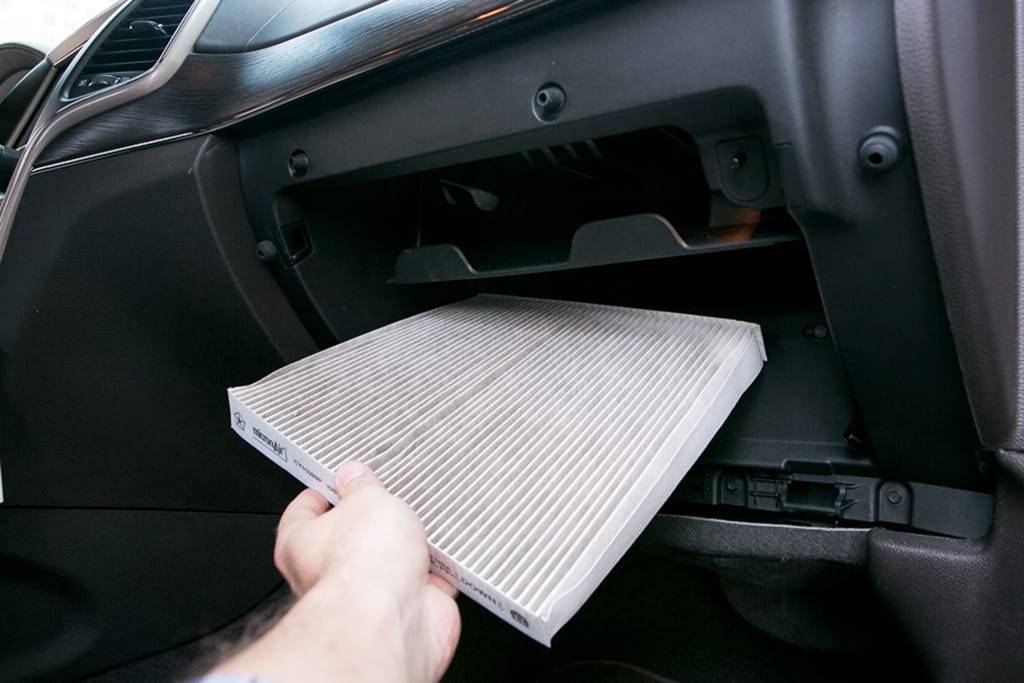
The cabin air filter is responsible for filtering the air that enters the interior of your car through the ventilation system. It helps remove dust, pollen, and other airborne contaminants, ensuring clean and fresh air inside the vehicle. It is recommended to check and replace the cabin air filter regularly, typically every 12,000 to 15,000 miles or as specified by the manufacturer. Neglecting to replace a dirty or clogged cabin air filter can result in reduced airflow and poor air quality inside the car. The process of checking and replacing the cabin air filter may vary depending on the make and model of your vehicle, so it's best to refer to your owner's manual or consult a professional.
Tire and Brake Maintenance

Tire and Brake Maintenance:
Regularly checking the tire pressure and tread depth is crucial for optimal performance and safety. It is recommended to inspect the tires for any signs of wear or damage, and rotate them every 5,000 to 7,500 miles. Additionally, maintaining the brakes is essential for proper stopping power. Inspecting the brake pads, rotors, and brake fluid levels is necessary to ensure they are in good condition. Regular brake service and replacement are important to prevent brake failure and maintain safe driving.
Checking tire pressure and tread depth
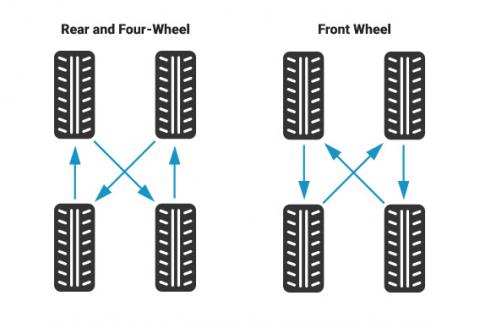
Regularly checking the tire pressure and tread depth is essential for optimal performance and safety. Maintaining the proper tire pressure ensures even wear and improved fuel efficiency. Using a tire pressure gauge, the pressure should match the manufacturer's recommended level. Additionally, inspecting the tread depth helps to prevent skidding and hydroplaning. The tread depth can be measured using a tire tread depth gauge and should not be below the recommended minimum depth for safe driving. Checking the tire pressure and tread depth should be done at least once a month to ensure the tires are in good condition.
Inspecting and maintaining brakes

Inspecting and maintaining the brakes is crucial for safe driving. Regularly checking the brake pads, rotors, and brake fluid level helps identify any issues or signs of wear. If the brake pads are worn out or the brake fluid is low, they should be replaced immediately. Neglecting brake maintenance can lead to brake failure, compromising the safety of the vehicle and its occupants.
Other Important Maintenance
Other important maintenance tasks for your car include inspecting and replacing the battery regularly to ensure proper functioning. Additionally, it is essential to regularly check the lights and signals to ensure they are working correctly. By including these tasks in your maintenance schedule, you can ensure that your car remains safe and reliable on the road.
Inspecting and replacing battery
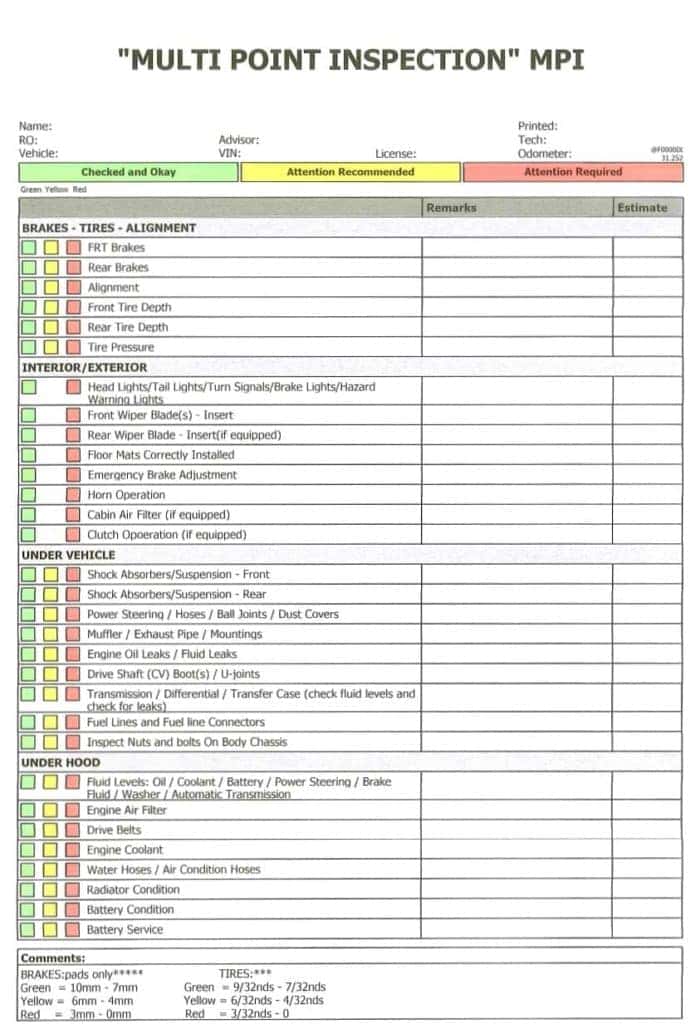
Inspecting and replacing the battery is an essential part of car maintenance. Regularly inspecting the battery for any signs of corrosion or damage can help prevent unexpected breakdowns. If the battery is old or not functioning properly, it should be replaced to ensure reliable starting and electrical performance. Following the manufacturer's guidelines for battery maintenance can prolong its lifespan and ensure optimal performance.
Regularly checking lights and signals

Regularly checking the lights and signals on your car is crucial for safety on the road. This includes headlights, taillights, turn signals, and brake lights. Make sure all bulbs are functioning properly and replace any that are burnt out or dim. Additionally, check the alignment of your headlights to ensure proper visibility at night. Regularly inspecting and maintaining these components will enhance your car's visibility and reduce the risk of accidents.
Conclusion

In conclusion, creating and following a regular car maintenance schedule is essential for the optimal performance and longevity of your vehicle. By conducting timely maintenance tasks, such as oil changes, fluid checks, and tire inspections, you can prevent costly repairs and ensure your safety on the road. Remember to consult your car's owner's manual for specific maintenance recommendations and consult with a professional mechanic when needed. Don't delay, start establishing a maintenance schedule for your vehicle today.
Creating a car maintenance schedule

Creating a car maintenance schedule involves setting a regular timetable for performing essential maintenance tasks on your vehicle. This schedule should include tasks such as oil changes, fluid checks, tire inspections, and other recommended maintenance items. By creating a schedule, you can stay organized and ensure that all necessary maintenance tasks are performed on time. It is important to consult your vehicle's owner's manual and take into consideration factors such as mileage and driving conditions when establishing your maintenance schedule.
Benefits of following a maintenance schedule

Following a maintenance schedule for your car offers several benefits. It helps to improve the longevity and performance of your vehicle by ensuring that all necessary maintenance tasks are performed on time. Regular maintenance also helps in identifying and addressing potential issues early on, reducing the risk of breakdowns and expensive repairs. By staying on top of maintenance, you can maximize fuel efficiency, enhance safety, and maintain the resale value of your car.